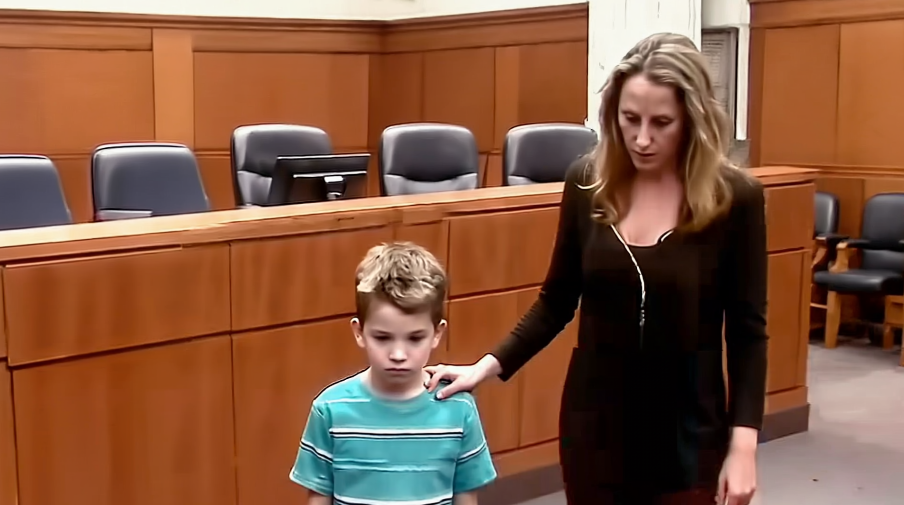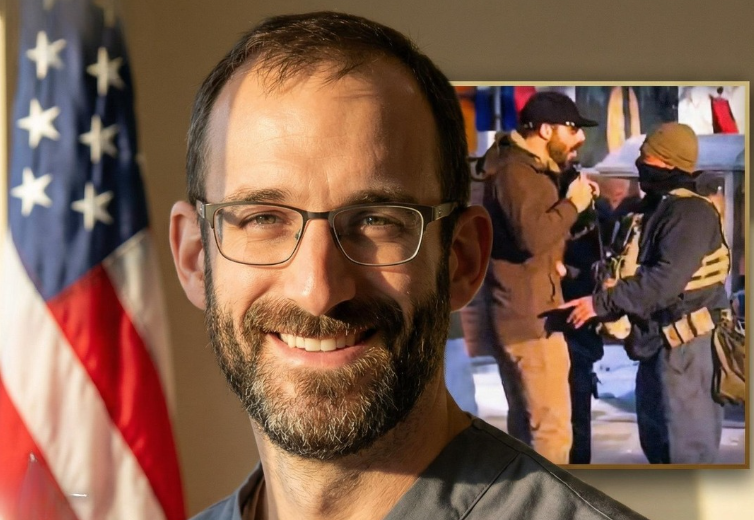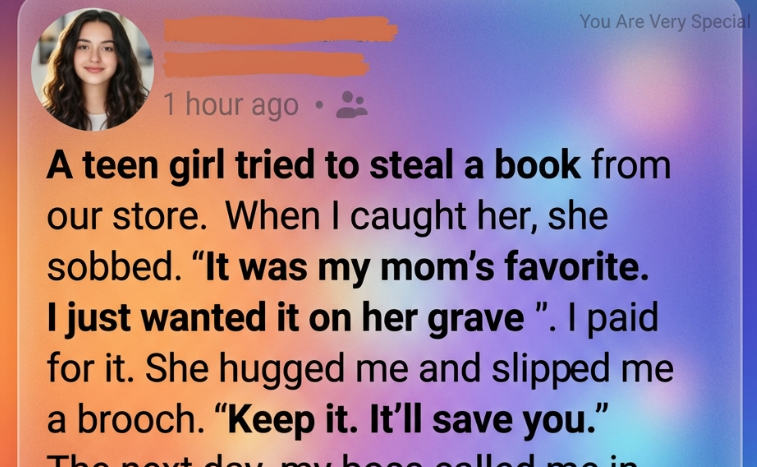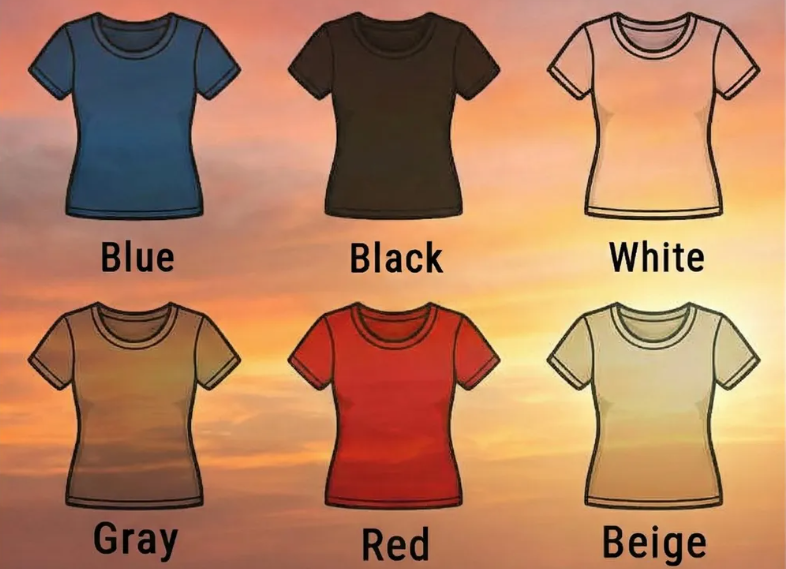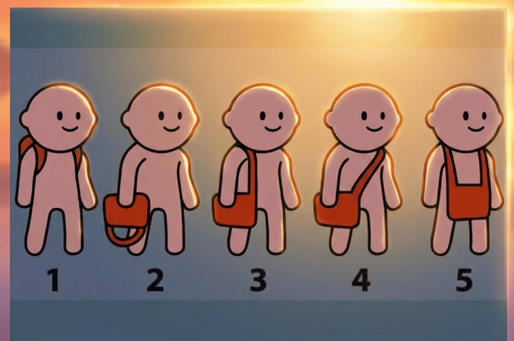The sun had barely risen on the day following the interment of my parents when I underwent an involuntary transformation into an adult.
This profound shift was not predicated on reaching my eighteenth birthday, but rather on a chilling and immediate threat: someone sought to claim my little brother.
Max was a mere six years old, his innocent mind still convinced that Mom had embarked upon an extended journey.
As I knelt beside the fresh earth of their graves, a fierce resolve solidified within me.
I whispered into the quiet air, “No one is taking you from me.” That solemn promise, uttered in the raw crucible of grief, became the singular, governing principle of my existence.
However, Aunt Diane and Uncle Gary harbored entirely different intentions.
These were the relatives who had consistently overlooked Max’s birthdays and conspicuously absented themselves from family holidays.
Despite this long-standing detachment, they now asserted, with an astonishing lack of irony, that Max desperately required “stability.” Diane, affecting a disingenuous familiarity, placed a hand on my arm, as if we shared a bond of genuine affection. Her voice, laced with feigned concern, delivered a stinging pronouncement:
“You’re still a kid. Max needs a real home.” The very next day, their insidious intentions became concrete as they formally filed for custody.
In response, I made an immediate and decisive choice, dropping out of college to shoulder the mantle of responsibility.
I secured two demanding jobs and relocated Max and myself into a minuscule studio apartment, a space that, despite its cramped dimensions, represented our sanctuary.
I countered their legal maneuver by filing for guardianship, clinging to every shred of hope, even when Diane, in her relentless pursuit, stooped to baseless accusations of abuse against me. What she failed to anticipate, however, was the formidable presence of Ms.
Harper—our perceptive neighbor and a retired teacher. Her unwavering courtroom testimony, delivered with quiet conviction, became the pivotal turning point that ultimately safeguarded our future.
It was shortly thereafter that I overheard Diane, her true motives laid bare, utter the chilling words: “Once we get custody, the trust fund is ours.”
A frantic search ensued, culminating in the discovery of the crucial documents—an allocation of $200,000 specifically earmarked for Max’s future, a sum intended to secure his well-being.
Armed with this irrefutable evidence, I discreetly recorded Diane and Gary openly plotting their scheme, capturing their venal intentions. Without hesitation, I presented these damning recordings to my lawyer.
At the culminating hearing, the judge, his voice resounding with judicial authority, issued a stern and definitive declaration: “You used a child for financial gain.” With that pronouncement, the case was decisively closed. Max, his small hand nestled securely in mine, looked up at me, his eyes wide with innocent inquiry. “Are we going home now?” he asked.
A profound sense of relief washed over me, and a genuine smile touched my lips. “Yeah, buddy,” I affirmed, my voice thick with emotion. “We are.”
